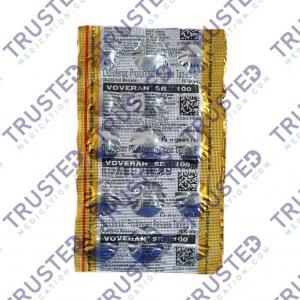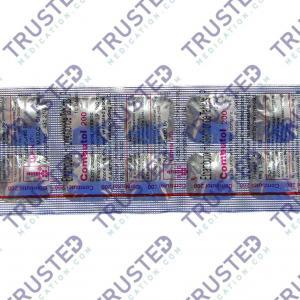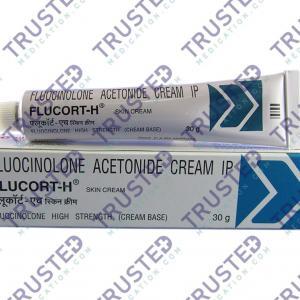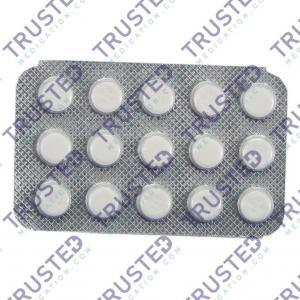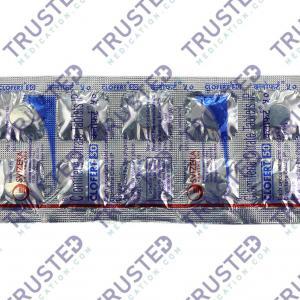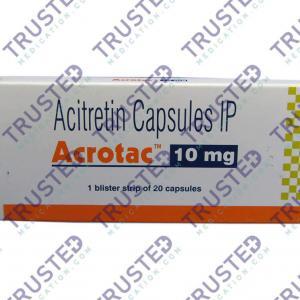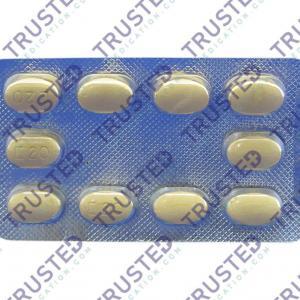
Macular degeneration, also known as age-related macular degeneration (AMD), is a progressive eye condition.
It primarily affects central vision, which is responsible for seeing things directly in front of you. While macular degeneration can be challenging, it does not cause complete blindness, and people with the condition can still maintain their peripheral vision.
Types of macular degeneration
- Dry (atrophic) macular degeneration
This is the most common form of macular degeneration. It affects around 90% of people with this condition. Dry AMD is caused by the formation of small yellow deposits called drusen under the macula. This causes the macula to become thin and deteriorate over time, leading to gradual loss of vision.
- Wet macular degeneration
This is a more severe form of the condition, affecting around 10% of people with macular degeneration. It occurs when abnormal blood vessels grow under the macula and retina and leak blood and fluid. This causes a bulge in the macula and leads to rapid vision loss if left untreated.
What causes of macular degeneration?
The exact cause is unknown, but various factors may contribute to its development.
- Age: This condition is most commonly found in people over the age of 50. The risk of developing the condition increases with age.
- Genetics: People with a family history of macular degeneration are more likely to develop this condition.
- Lifestyle factors: Smoking, obesity, and a high-fat diet can also increase the risk of macular degeneration.
What are the symptoms of macular degeneration?
Many people with this condition do not experience symptoms until the illness has progressed. You may experience:
· Blurry vision
· Poor vision
· Reduced ability to see in low light.
· Changes or problems with your color perception.
· Dark or blank spots in your vision
· Straight lines that you perceive as curved or wavy.
If you notice lines that should be straight but appear wavy or curved, consult an eye doctor.
Who Gets Macular Degeneration?
Macular degeneration primarily affects older adults, with the risk increasing with age. Other risk factors include a family history of the condition, smoking, obesity, hypertension, and prolonged exposure to sunlight.
Macular Degeneration Treatment and Management
There is currently no cure for dry macular degeneration. However, there are several treatments and management options available that can slow the progression of the condition and help people maintain their vision. These include:
- Vitamin and mineral supplements: Taking vitamin and mineral supplements may help slow the progression of dry macular degeneration. These include vitamins C and E, copper, zinc, lutein, and zeaxanthin.
- Lifestyle changes: Quitting smoking, eating a healthy diet, and maintaining a healthy weight can help reduce the risk of progression.
- Medications: Medications called anti-vascular endothelial growth factor (VEGF) drugs are given via injections to prevent abnormal blood vessel growth and leaking in the retina. This helps preserve vision in cases of wet macular degeneration.
- Photodynamic Therapy (PDT): Photodynamic therapy involves the use of a light-activated drug and a cold laser to target and destroy abnormal blood vessels in the retina. This slows down the progression of wet macular degeneration.
- Laser Therapy: Laser therapy may be used to seal off leaking blood vessels or destroy abnormal blood vessel growth in the retina, particularly in cases of wet macular degeneration.
Macular degeneration is a serious eye condition, but with proper treatment and management, people with the condition can still maintain their quality of life.

